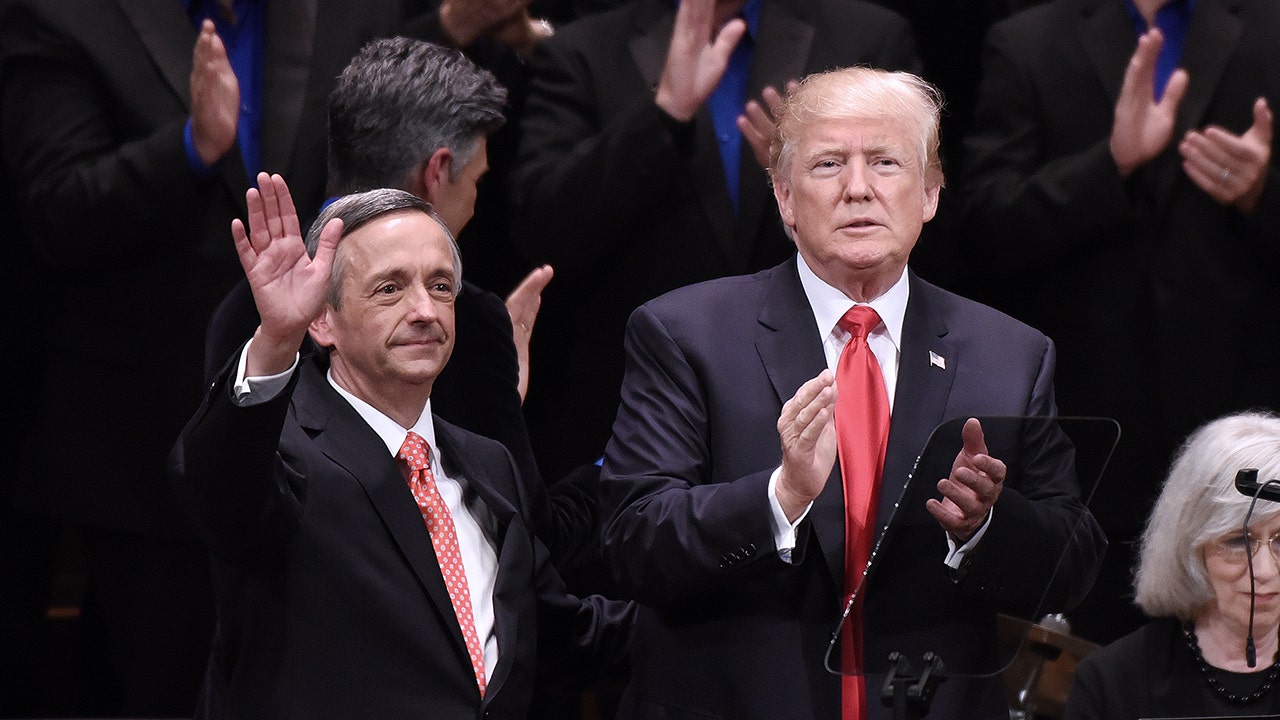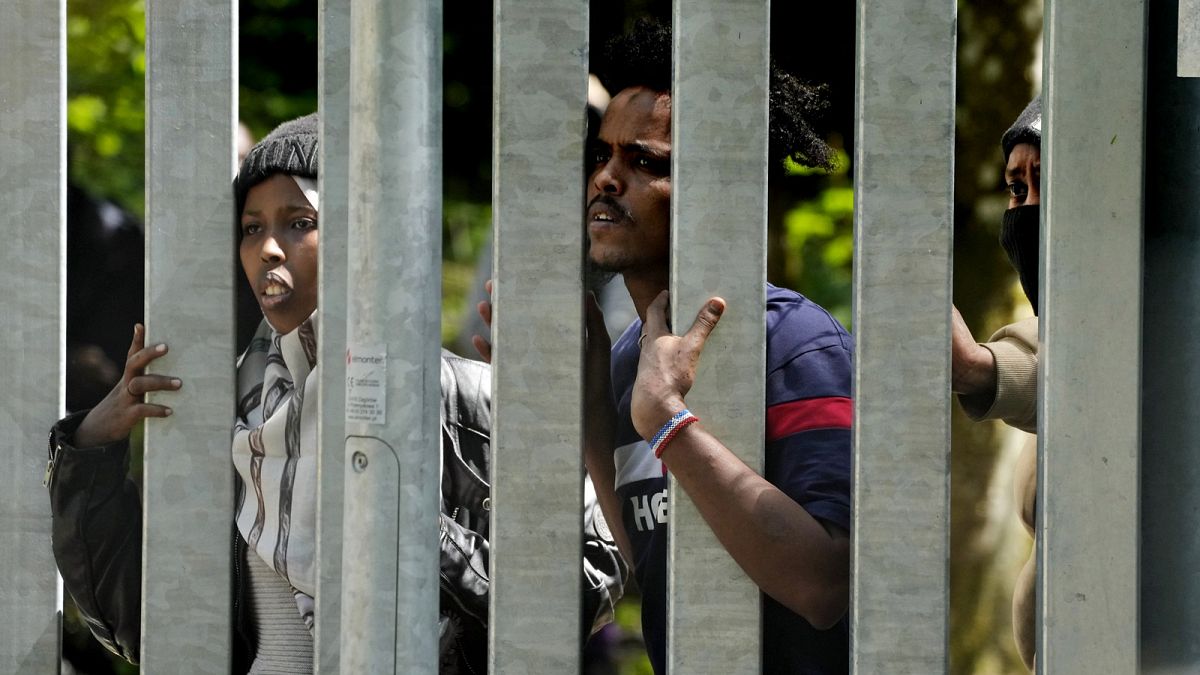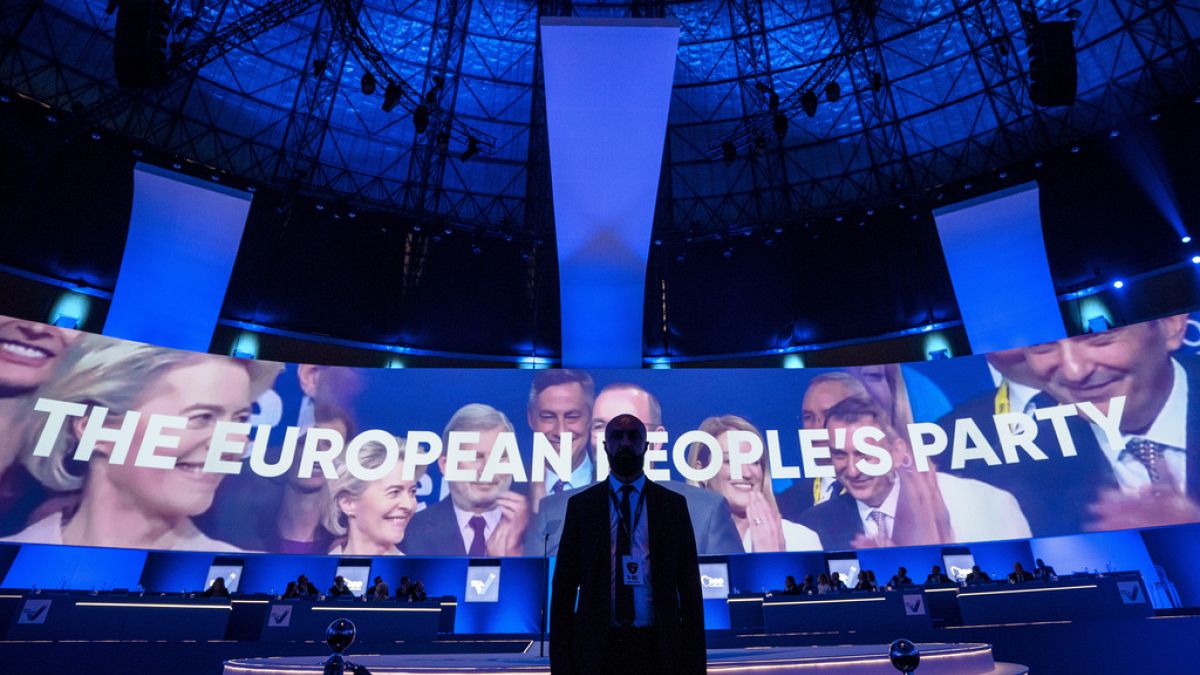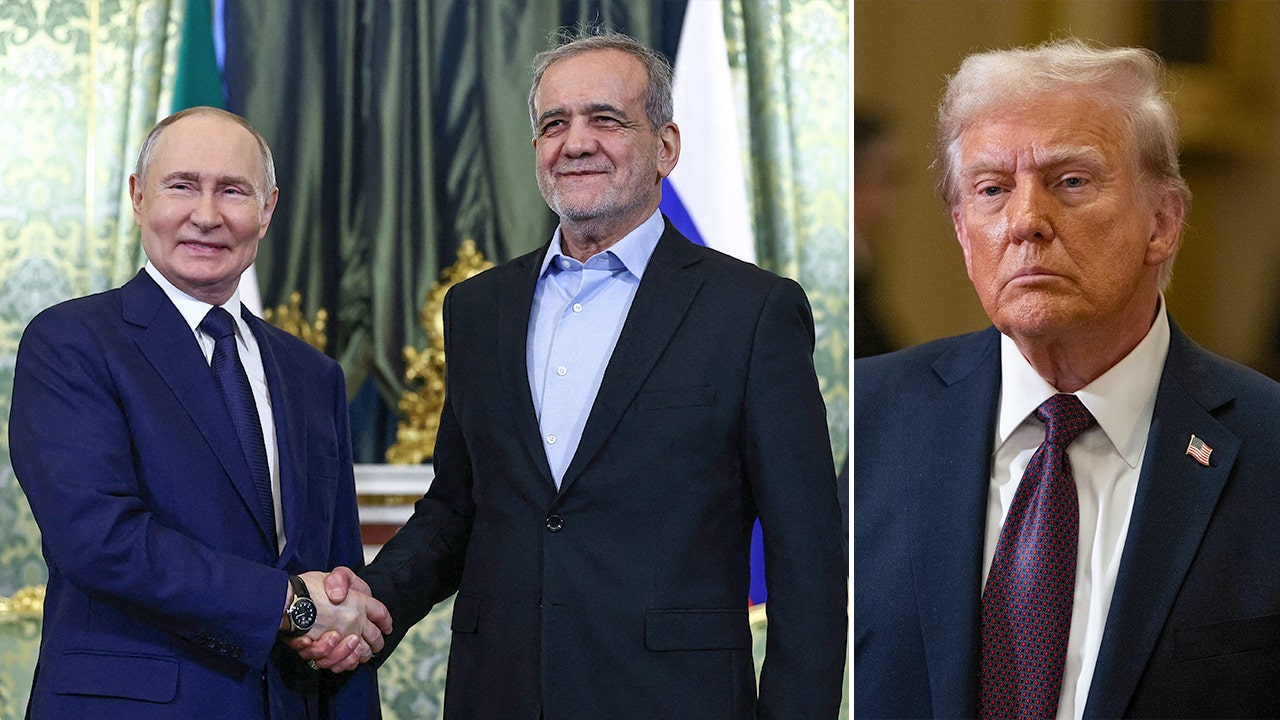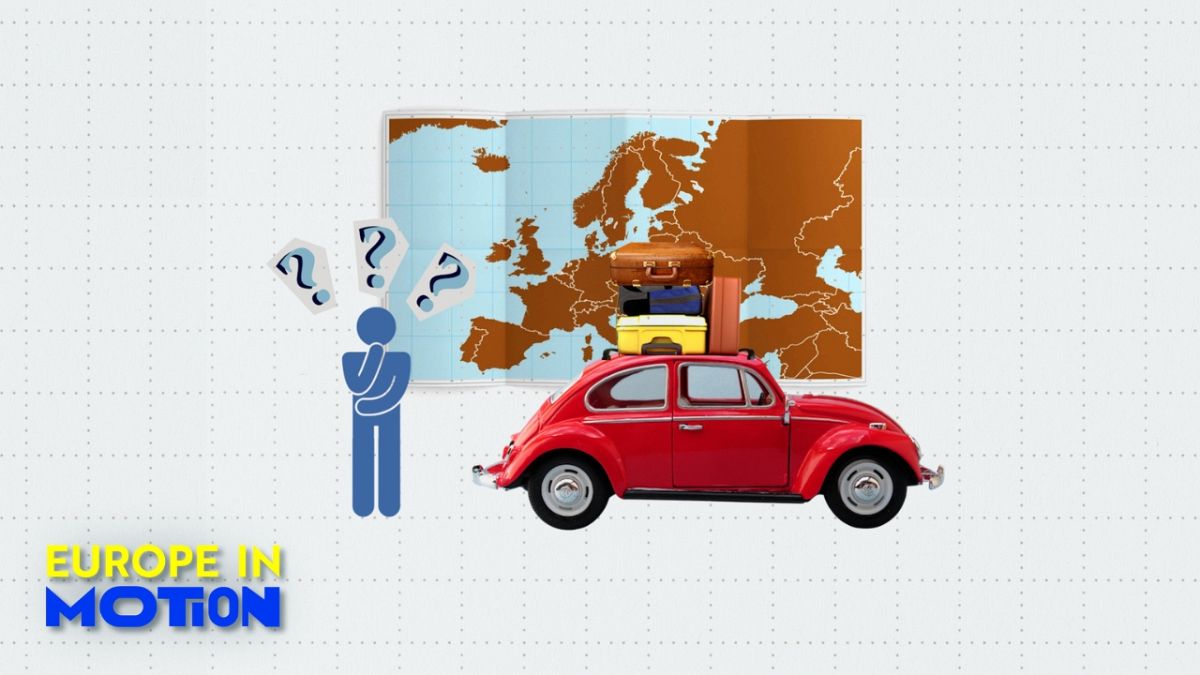The new guidelines put forward by Brussels reflect the right-wing shift that is rapidly reshaping the bloc’s migration and asylum policy.
The European Commission has given political approval to Poland’s contentious plan to introduce a time-limited, territorial suspension of the right to asylum, enshrined in both European and international law, in response to the migration flows that Russia and Belarus have weaponised against the bloc’s Eastern border.
The blessing also applies to any other member state under a similar situation, including Finland, which has introduced an emergency law that, if triggered, will prevent migrants from submitting asylum claims and empower border guards to push them back.
The suspension of fundamental rights can be allowed if it is proportionate, temporary and limited to what is “strictly necessary” to address the security threat posed by Russia and Belarus, the executive said on Wednesday in new guidelines.
“The Commission is clarifying the exceptional situations where the member states can take also exceptional measures,” said Henna Virkkunen, the Commission’s executive vice-president for tech sovereignty, security and democracy.
“For example, they may limit the exercise of the right to asylum but it has to happen in very strict conditions and (within) legal limits.”
The assessment marks a U-turn for the Commission: when Prime Minister Donald Trusk first unveiled the Polish initiative in mid-October, Brussels moved fast to issue an explicit warning, reminding Warsaw of its “obligation to provide access to the asylum procedure.”
Humanitarian organisations were harshly critical of the yet-to-be-implemented proposal, with Amnesty International calling it “flagrantly unlawful.”
But days later, Tusk attended a summit of EU leaders and made the case in favour of his plan, framing it as an existential matter for national security. Tusk’s pitch was successful and influenced the final wording of the meeting’s conclusions, which read like an endorsement.
“Exceptional situations require appropriate measures,” EU leaders wrote.
Wednesday’s guidelines solidify that principle and present a new architecture that gives national authorities a greater operational margin to curb migration flows that Russia and Belarus manipulate to sow chaos and destabilise domestic politics.
This phenomenon, often described as hybrid warfare, first began in the summer of 2021, when Minsk sent an influx of migrants to the EU’s Eastern border in the aftermath of the contested 2020 presidential elections in Belarus, which the bloc refused to recognise.
Since then, the flows have decreased but continued on an on-and-off basis with the aid of Russia, which has tried numerous methods, such as infrastructure sabotage and energy blackmail, to retaliate against the EU sanctions imposed over the war in Ukraine.
“We have a persistent and serious situation at the Eastern border with the significant rise of illegal arrivals, particularly at the Polish-Belarus border,” Virkkunen said, directly accusing the Kremlin of handing out student and tourist visas to low-income migrants and equipping them with “devices” to attack European border guards.
“We have really moved towards the next level of threat.”
According to Frontex, the EU’s border and coast guard agency, the Eastern border registered 2,683 irregular border crossings from non-Ukrainian nationals between January and November this year. The main nationalities were Ethiopia (426), Somalia (415), Eritrea (405) and Syria (365), war-torn nations that make deportations difficult, if not impossible.
Still, Ukrainians fleeing the war were the largest group, with 13,847 border crossings. (Ukrainians are given immediate protection under a special EU law.)
Pushback doubts
During a press conference, Virkkunen was repeatedly asked if the new guidelines allowed member states to carry out migrant pushbacks, a practice proscribed by EU and international law. On Tuesday, Human Rights Watch released a report accusing Poland of violently expelling asylum seekers, even after having crossed into Polish territory.
Remarkably, Virkkunen did not voice a categorical opposition to pushbacks as the Commission traditionally did in the past. Her vague stance reflects the right-wing shift that is rapidly reshaping the bloc’s migration and asylum policy.
“Member states can have exceptional measures in this kind of cases but they have to be always compliant with international law and also with our Union law,” the vice-president said when asked to give a yes/no answer on the question of pushbacks.
“We are not speaking about migration policies here. This is about security. It’s a security issue,” she replied when pressed to clarify.
A footnote in the guidelines says member states, even in extraordinary circumstances, have to respect the long-standing principle of non-refoulement, which forbids authorities from sending migrants to a place where they would be at serious risk of persecution, torture or any other form of ill-treatment.
The Commission, however, did not precise if sending migrants back to Belarus would represent a violation of this principle. The Human Rights Watch report described how asylum seekers, after being expelled by Polish guards, faced harsh conditions outdoors or physical abuse by Belarussian officials, who frequently forced them back into Poland.
The Commission did not clarify either what would happen to migrants who are denied asylum and therefore banned from entering EU territory.
Euronews reached out to the spokespeople’s service for further explanation.
Reacting to the guidelines, Olivia Sundberg, an advocate on migration and asylum at Amnesty International, warned that measures introduced under the guise of “exceptional circumstances” can be easily prolonged sine die, effectively creating a new normal.
“The Commission has been extremely unwilling to challenge these practices to ensure they comply with EU and international law,” Sunbderg told Radio Schuman, Euronews weekday podcast. “We’ve seen a lot of speeches, a series of legislation put forward that normalise a sort of state of emergency at European borders.”
Read the full article here






